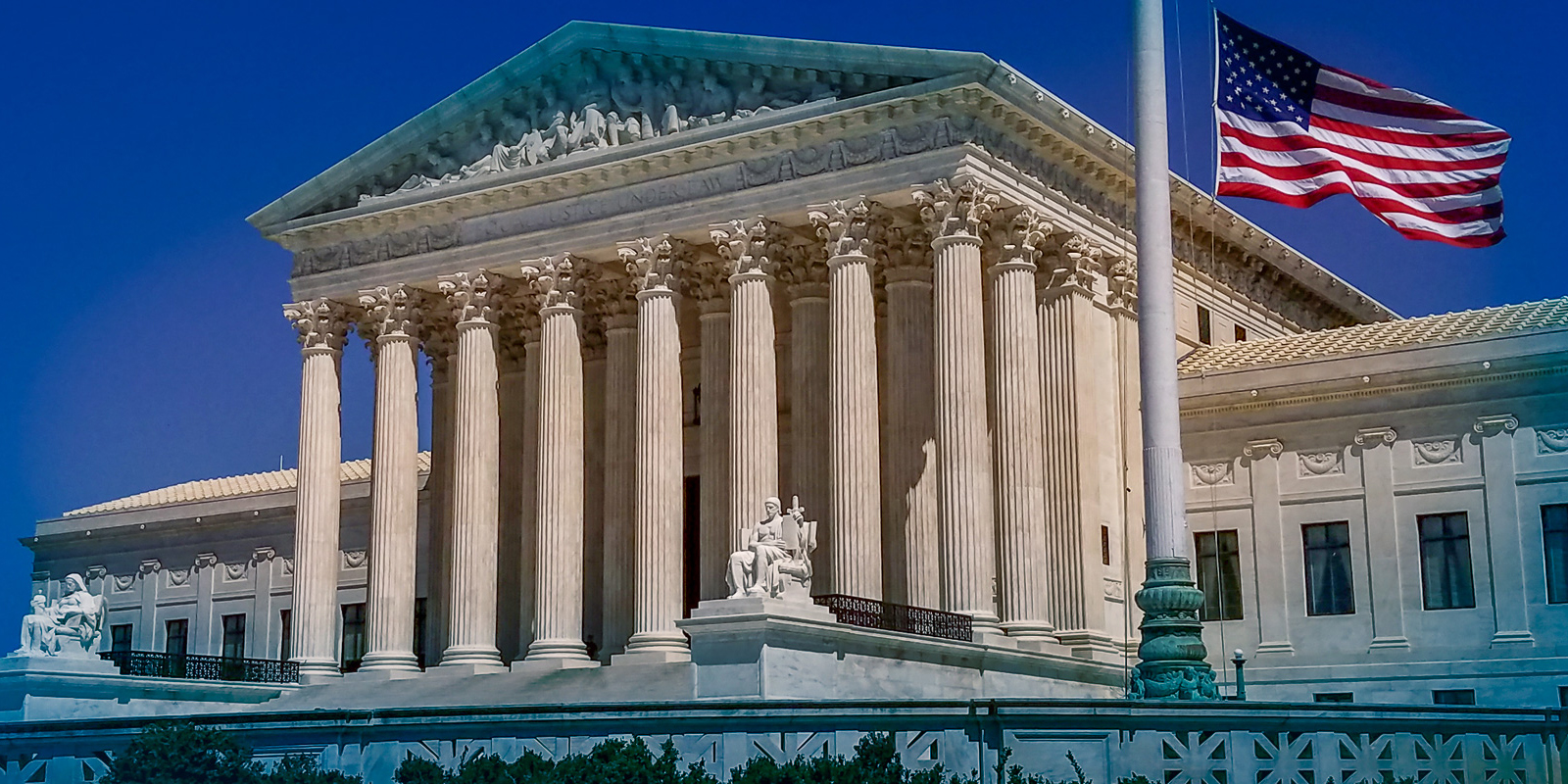
Supreme Court Forecloses Equitable Tolling Of Deadline For Class Certification Appeals
The Court's decision reinforces the inflexibility of the Federal Rules' deadline to file petitions for permission to appeal and cautions against reliance on equitable principles, even where diligence and good cause may exist.
In Nutraceutical Corp. v. Lambert, __ U.S. __, No. 17-0194, the United States Supreme Court held that appellate courts may not extend through equitable tolling the deadline for a petition for permission to appeal a class-certification decision.
The Supreme Court's unanimous decision reverses the Ninth Circuit's application of equitable tolling to the deadline in Federal Rule of Civil Procedure 23(f) for seeking permission to appeal. The Ninth Circuit concluded that, because the Rule 23(f) deadline is non-statutory and non-jurisdictional, "equitable circumstances beyond a formal motion to reconsider filed within fourteen days can toll the Rule 23(f) deadline." Lambert v. Nutraceutical Corp., 870 F.3d 1170, 1181 (9th Cir. 2017). Then applying equitable tolling, the Ninth Circuit allowed the untimely petition for permission to appeal the class decertification order, where the plaintiff orally informed the district court of his intent to file a motion for reconsideration, complied with the district court's ordered deadline to file a motion for reconsideration, and acted diligently in seeking permission to appeal the class decertification order after the court ruled on the reconsideration motion. See id. at 1178-79.
The Supreme Court's decision squarely rejects the Ninth Circuit's extension of equitable principles to modify the appeals deadline. Because Federal Rule of Appellate Procedure 26(b)(1) expressly prohibits an extension of the deadline to file a petition for permission to appeal, Rule 23(f)'s 14-day deadline cannot be equitably tolled. For that reason, and because the petitioner filed both his motion for reconsideration and appellate petition after the 14-day window expired, the Supreme Court held that the Ninth Circuit erred in accepting the late-filed appellate petition.
The Court's decision reinforces the inflexibility of the Federal Rules' deadline to file petitions for permission to appeal under Rule 23(f) and cautions against reliance on equitable principles, even where diligence and good cause may exist. Parties must act with diligence to file a petition for permission to appeal a class certification decision within the 14-day period specified in Rule 23(f). Mere compliance with a district court's ordered deadline on a motion for reconsideration is insufficient to relieve the late filing of an appellate petition.






